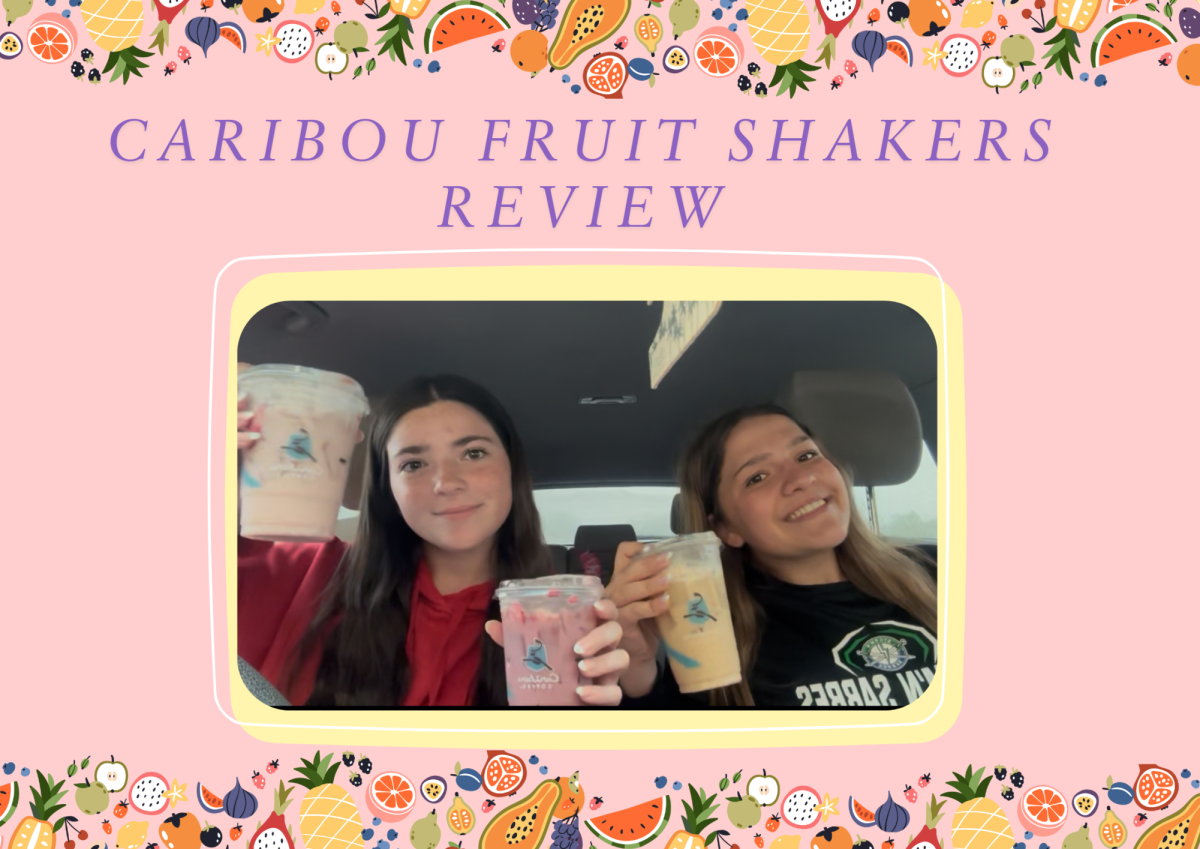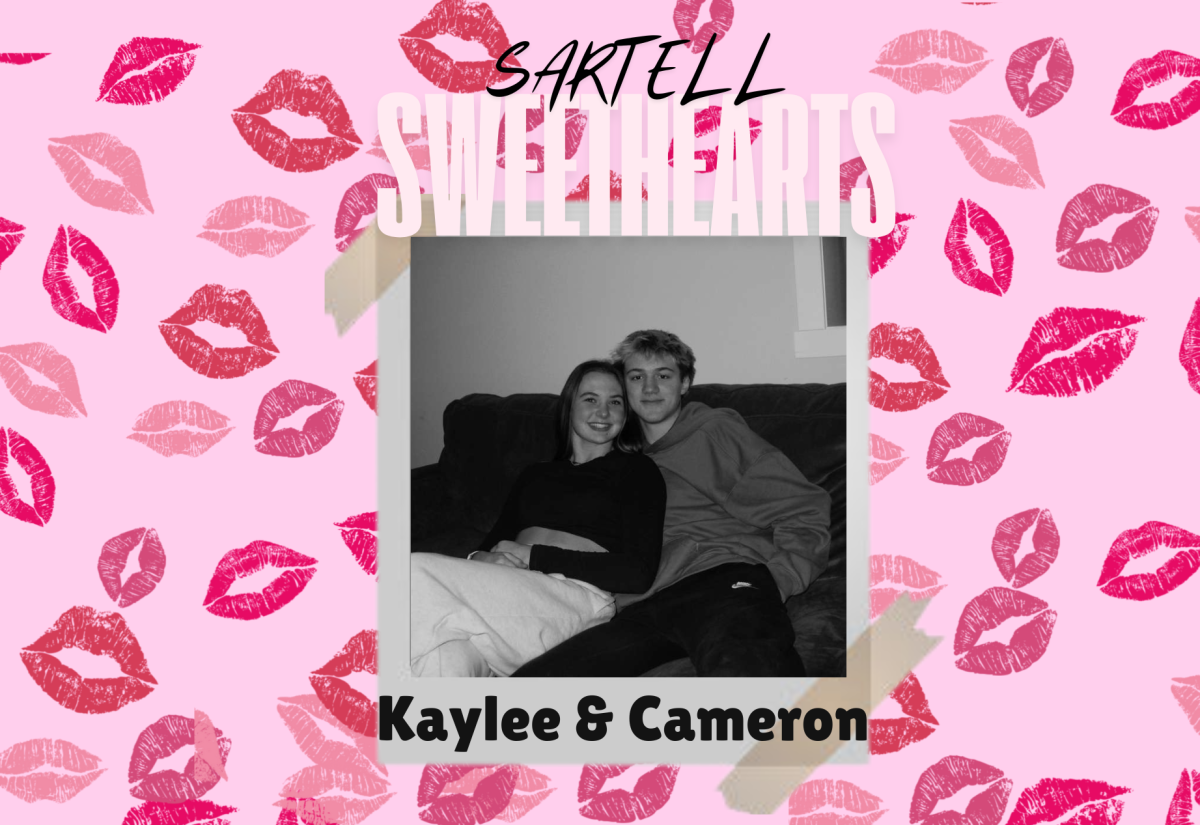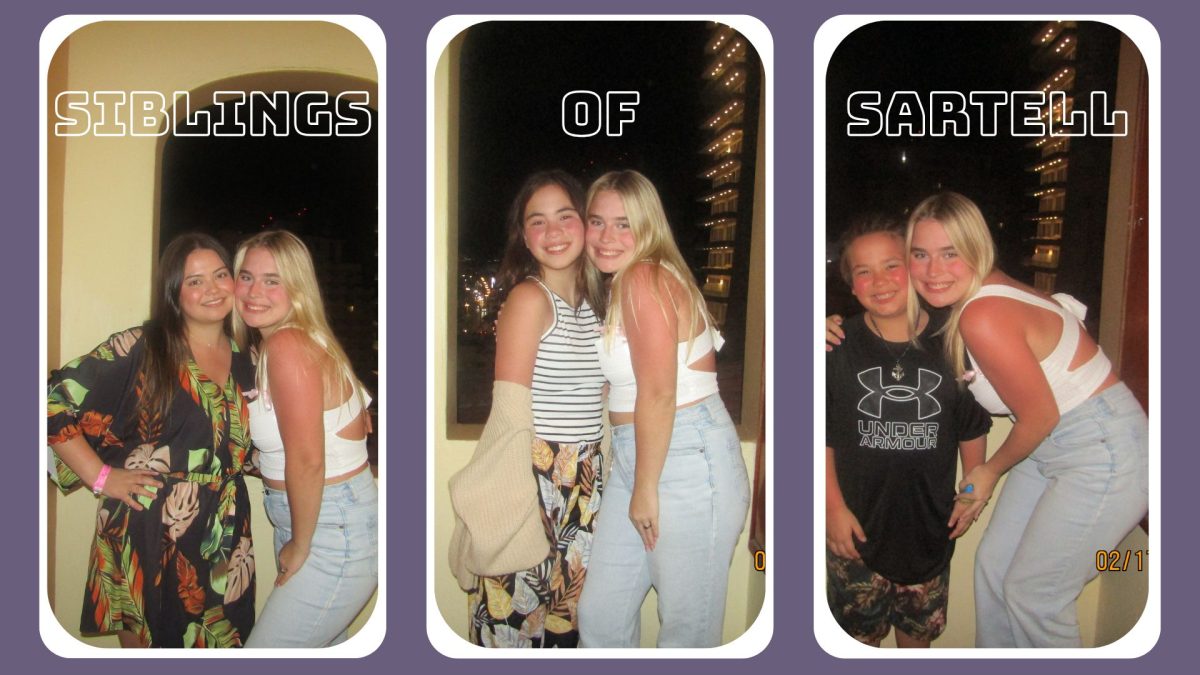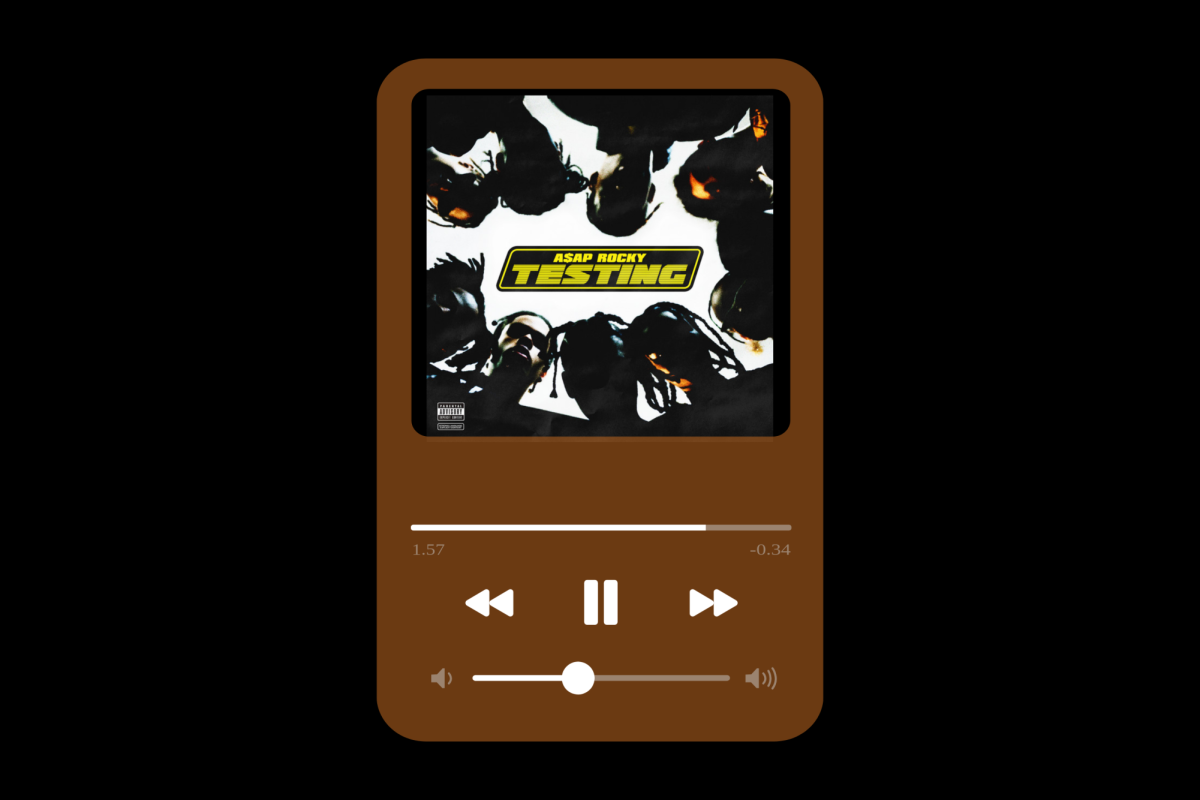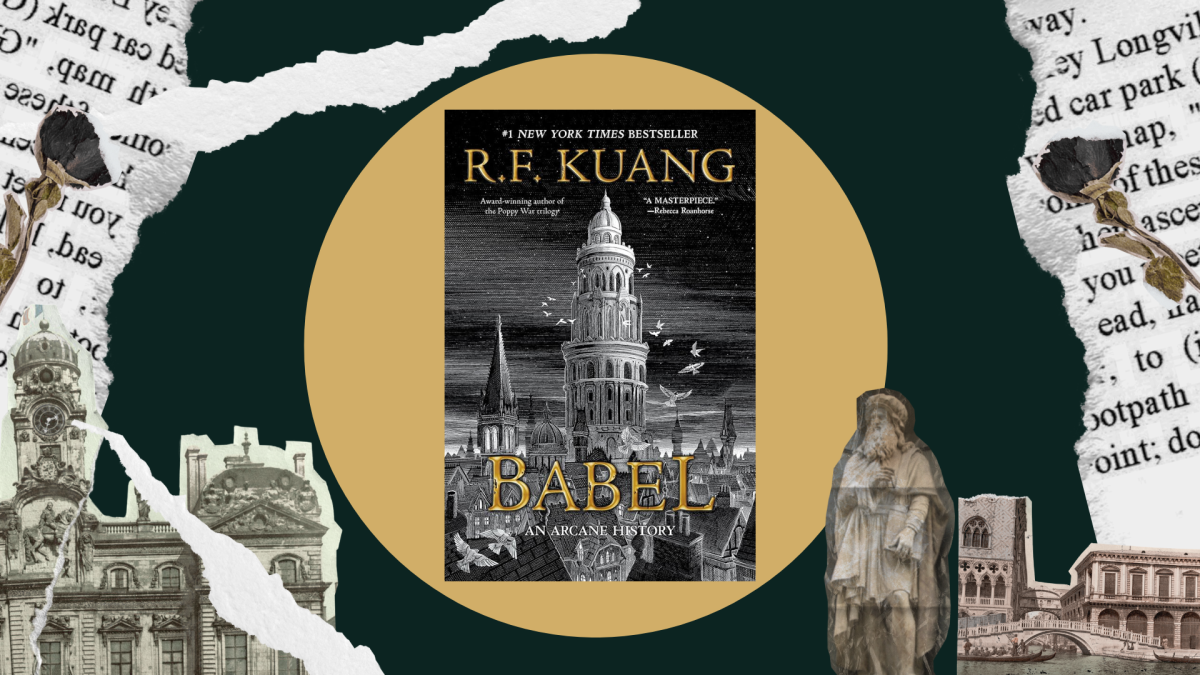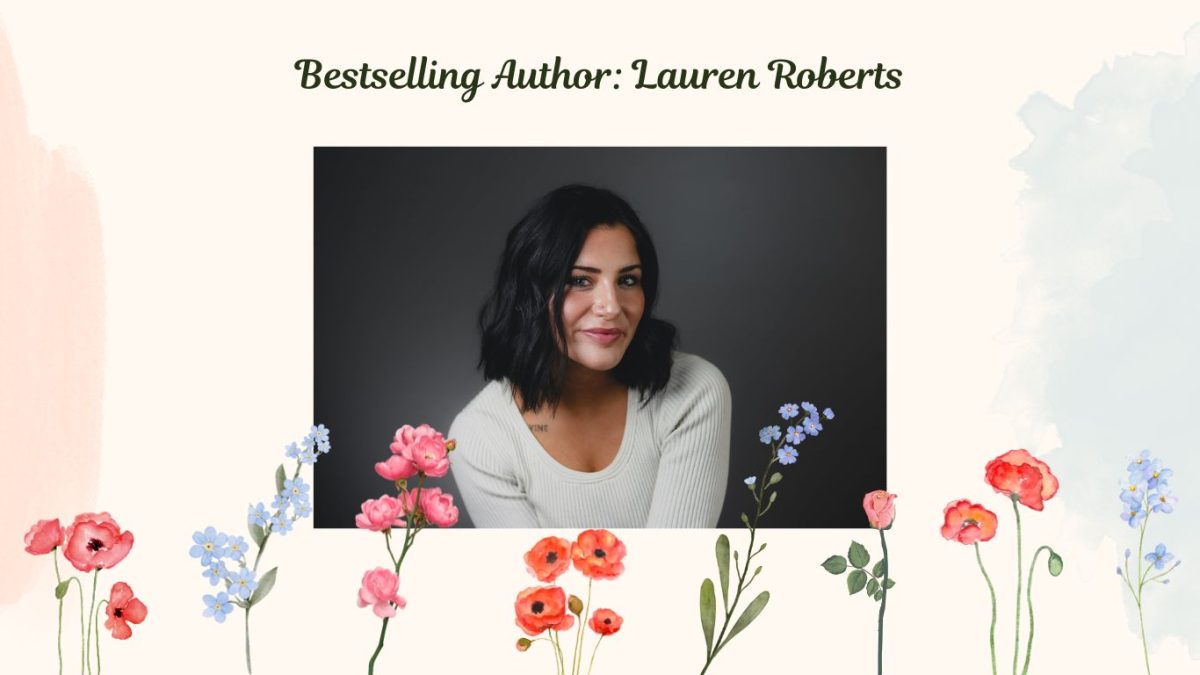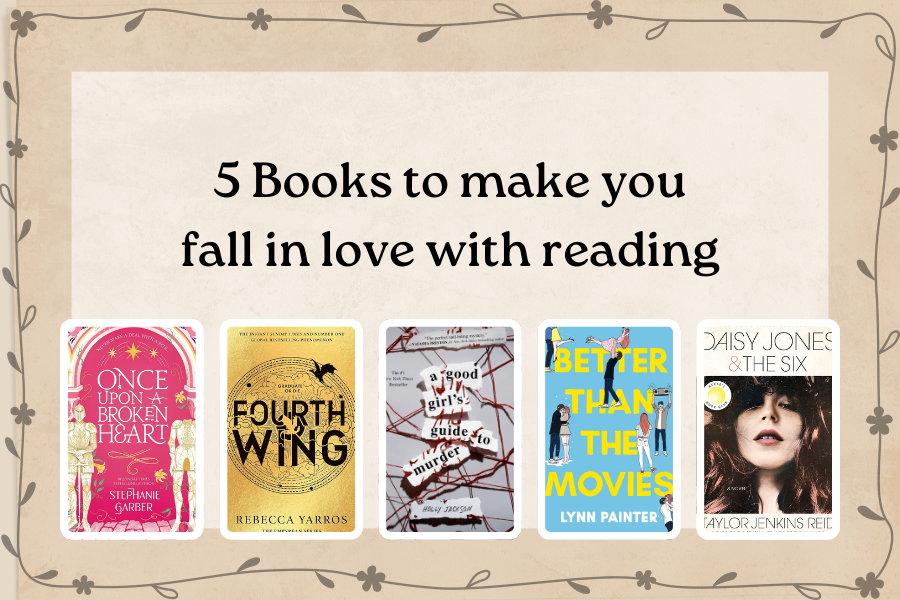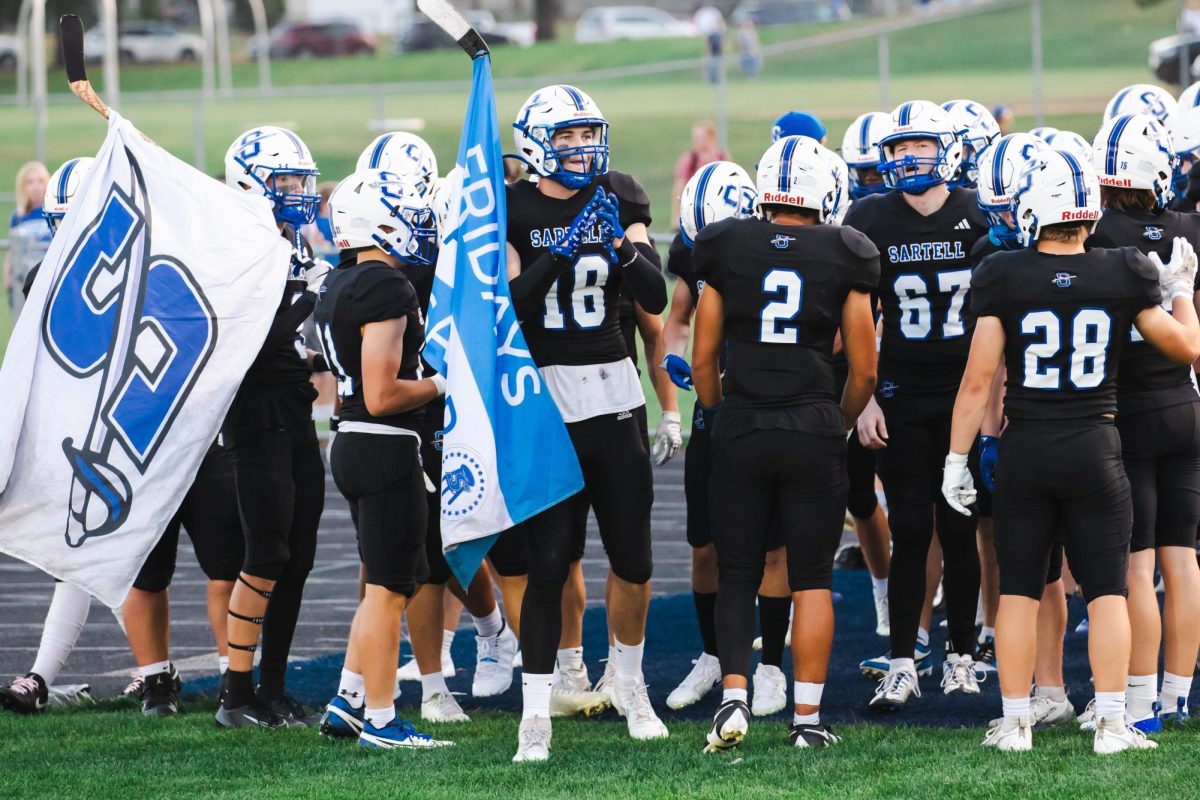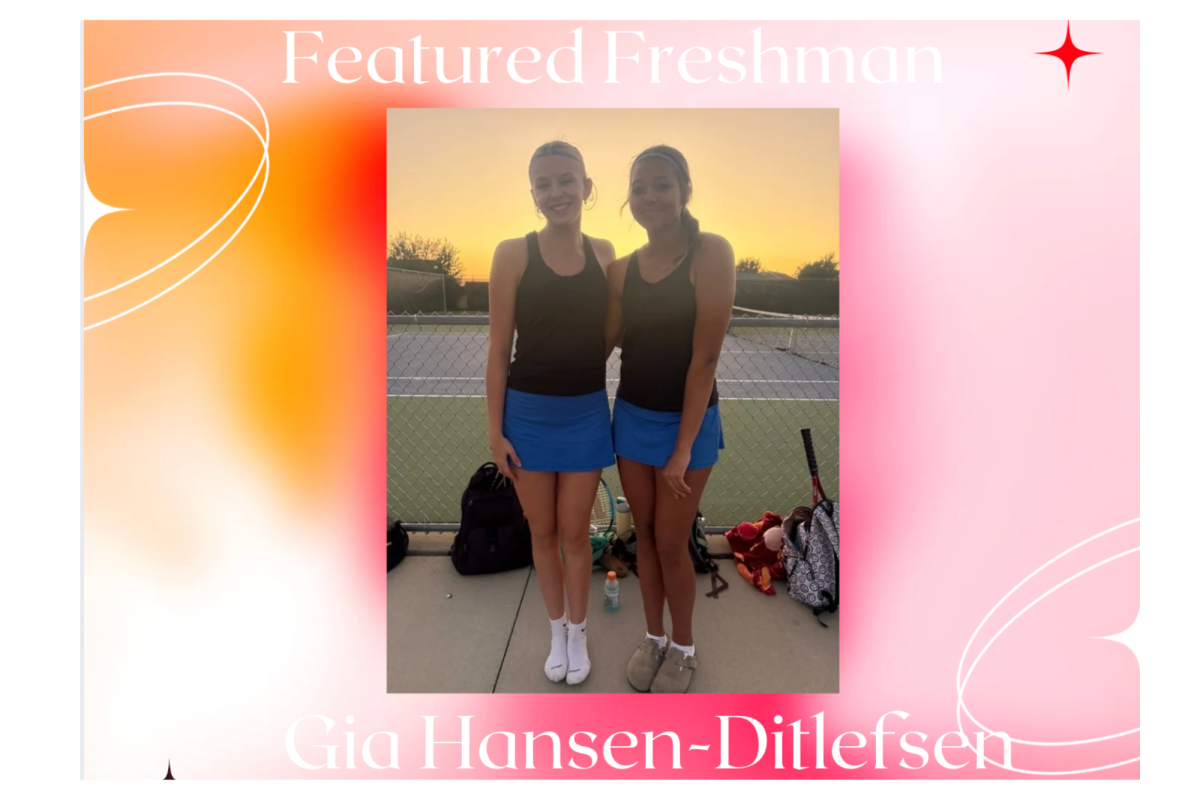The critically acclaimed movie musical hit theaters on November 21st, 2024, and hundreds of fans and families flocked to the movies to watch the much-anticipated film.
The release of this adaptation was a long-awaited event for many, especially those familiar with the stage musical, which itself had a long history of success. I went to see it on opening night, and I absolutely loved it. Like many others, the songs and storyline kept me captivated, leaving me more. This interest led me to dive deep into the complete history of the Wizard of Oz universe, including Gregory Maguire’s 1995 novel Wicked, which offers a radically different take on the classic story.
‧⁺☽⛥☾⁺‧
Wicked is a reimagining of L. Frank Baum’s timeless The Wonderful Wizard of Oz. It explores the story through a darker, more politically charged lens. Maguire’s novel rethinks the well-known characters and plot, offering a version of Oz that is much more grounded in modern issues, such as politics, social justice, and the corrupting nature of power. The plot of Wicked is intricate, with Maguire’s style immersing readers in a complex world of conspiracy, revolution, and moral ambiguity. The novel asks profound questions about identity, the nature of good and evil, and the effect of societal structures on individuals. Though Wicked shines a spotlight on these themes, at times it struggles to fully deliver.
As much as I respect the novel’s intellectual depth, I found myself wrestling with my feelings toward it. On one hand, Wicked is an extraordinary book, filled with rich characterizations, plot twists, and a complex examination of its characters’ motivations. The world Maguire creates is captivating, and his take on the Wicked Witch adds a layer of depth to the familiar story. However, I really hated the book.
________
At its core, Wicked focuses on two starkly different characters—Elphaba, the misunderstood and often vilified Wicked Witch of the West, and Glinda, the seemingly shallow and superficial Good Witch. Their relationship forms the emotional heart of the story, but the political and social dynamics of Oz also play a major role.
Elphaba, who is green-skinned and often mocked for her appearance, seeks to bring about societal change through radical means. Her determination to challenge the corrupt Wizard’s rule leads her to the path of rebellion, where she becomes a symbol of resistance, but at great personal cost. The tragedy of Elphaba is that, despite her idealism and genuine desire to make the world better, she is misunderstood and vilified, ultimately leading her down a darker, more isolated path.
Glinda, on the other hand, represents privilege and conformity. Born into a noble family, she is everything Elphaba is not—blonde, popular, and adored by all. Initially portrayed as vain and shallow, Glinda’s character undergoes significant growth throughout the novel. Her evolution from a superficial society girl to a more self-aware and compassionate figure provides one of the novel’s more redeeming arcs.
While Elphaba is driven by a fierce desire to reform Oz, Glinda attempts to create change from within the system, aligning herself with the Wizard and his regime. Over time, their bond deepens, even as their differing approaches to achieving justice create a wedge between them. In the end, their friendship remains one of the few constants in a world torn apart by power struggles and corruption.
________

Maguire’s writing style in Wicked is undoubtedly one of the book’s most striking aspects. His prose is rich, lush, and often beautiful, capturing the vivid landscapes of Oz with descriptive detail. The world-building is immersive, and the depth he gives to the land of Oz feels both expansive and grounded. However, while his writing is engaging, the novel’s pacing falters at times. The structure of Wicked is fragmented, divided into multiple sections with significant time jumps between them. Important events and character developments are often glossed over or summarized in lengthy information dumps at the beginning of chapters. The novel also shifts perspectives with little warning, switching between Elphaba and Glinda in ways that feel jarring. At times, these abrupt shifts in narrative left me feeling disconnected from the characters, and the disjointed flow took away from the emotional impact of their journeys.
While the use of alternating perspectives is an admirable choice, it sometimes felt forced. Elphaba’s internal musings would be interrupted by Glinda’s, often within the same chapter, making it difficult to stay grounded in the story. This back-and-forth style might have worked better with more consistency or careful transitions, but in this case, it often disrupted the reading experience.
________
Another issue I had with Wicked was its reliance on sexual themes, which felt gratuitous at times. While sex can be an effective tool for character development and exploring relationships, Maguire often uses it in ways that feel out of place. The constant sexual references felt more like distractions than meaningful elements. They didn’t add depth to the characters or their relationships; instead, they undermined the weight of the themes the book was trying to explore. It wasn’t that I objected to adult themes, but rather that the frequency and nature of these moments often felt disconnected from the novel’s broader goals.
Ultimately, Wicked poses important questions about the nature of wickedness, identity, and power. Maguire asks whether people are born wicked or if their circumstances push them toward it, but the book doesn’t quite satisfactorily answer these questions. While the central premise is to explore why Elphaba is perceived as wicked when she is, in fact, more of a tragic hero, the story sometimes fails to humanize her enough. In some ways, Elphaba’s actions feel more detestable than those of the Wizard, who is supposed to be the main antagonist. Despite her idealism, her choices and attitude often come off as more self-destructive than heroic, which complicates the moral landscape Maguire is trying to create.
‧⁺☽⛥☾⁺‧
For all the complexity and ambition of Wicked, I think the true genius of the story lies in its musical adaptation. The stage version of Wicked took the core themes of the novel—friendship, power, and the nature of good and evil—and refined them into something far more accessible and emotionally impactful. The musical cuts through the book’s dense prose and delivers a version of Elphaba that audiences can empathize with. The bond between Glinda and Elphaba is at the heart of the musical, allowing for a deeper exploration of their relationship. Unlike the book, where the two characters barely interact, the musical brings their friendship to the forefront, adding emotional depth to the story.
The musical’s version of Elphaba is not just a misunderstood villain but a relatable and empathetic figure. Her desire to change the world is pure, and even as she struggles with the consequences of her actions, we root for her. The songs offer a more cohesive narrative, emphasizing the emotional stakes of the story in a way that Maguire’s novel never quite achieves. In the end, the musical does a better job of answering the central question about wickedness. It shows that no one is truly wicked, and yet, we all carry a bit of that darkness within us.
In the end, while Wicked the novel is an intellectually stimulating and thought-provoking piece, it often leaves me frustrated with its uneven pacing, narrative structure, and thematic execution. The musical, however, is a far more refined and emotionally satisfying iteration of the story—a perfect balance of music, emotion, and character development that the book only hints at.





